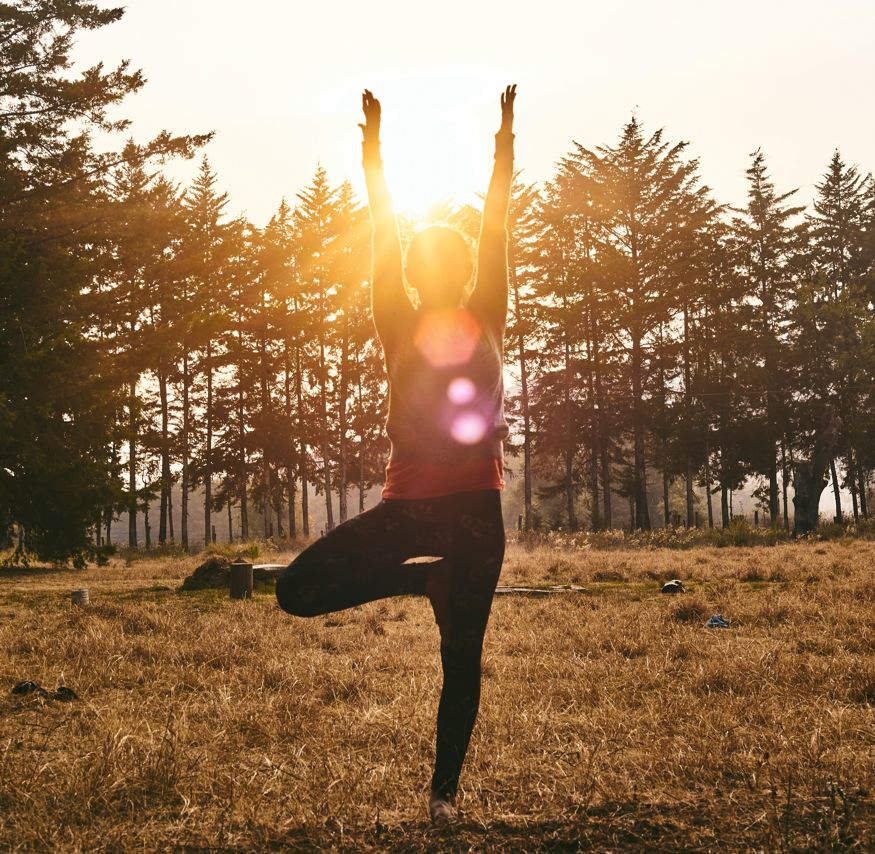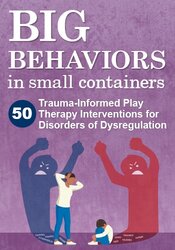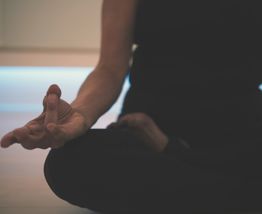Enrol in an online course today for flexible, self-paced learning—no fixed schedule required. Plus, enjoy lifetime access to course materials for convenient revisiting.
Therapy and Yoga (5/5): The Role of the Therapist’s Own Yoga Practice

During stressful times in my personal and professional life, yoga has on occasion taken a back seat. Sometimes just a few days, other times (like at the beginning of the pandemic) a week or two. I didn’t want to stop and breathe and remember that I had a body. It was just too confronting, too difficult to be present in the moment. As in the aftermath of 9/11, it felt hard to ‘move’.
Experience has taught me that these are the times when I need yoga the most. When I continued to ignore the signs of avoidance and burnout, it always led me to more avoidance and burnout.
So, when I begin to notice the overwhelm, I have learned to throw the sticky mat down, put some music on and remember how to ‘move’ – one breath, and one muscle, at a time.
During my two decades of practicing yoga, I have focused on the development of internal and external observational skills. I am better able to engage with my clients on a moment-to-moment basis, and recognise within a relatively short amount of time when my mind has wandered.
This might sound like a basic therapeutic skill; however, we are not yet AI therapist-robots. The best any of us can hope for is to stay as concentrated as possible for as long as possible and notice as quickly as possible when our mind has become disengaged, when we have tuned into an internal sensation (interoception), or when our mind has become aware of external sensory input from our five senses and environment (proprioception).
These are normal functions of the human brain, and the brain, as we so often tell our clients, has the adaptability provided by neuroplasticity. Just like a muscle, the skills that we use more often we become more adept at and therefore they become our ways of being. Yoga can help us practice the therapeutic skills of observation, concentration, and connectivity.
An aspect of my yoga practice that has helped me with these specialised mental skills may surprise you. This is the art of ‘tolerance for discomfort without causing harm’ – ie, knowing when to push through physical discomfort during a challenging yoga position or when it’s time to find a modification.
This concept is related to Dan Siegel’s window of tolerance. By understanding our own window of tolerance and effectively managing our triggers, we will better know in a therapy session when to stay silent, create space for insight, offer a grounding technique, or challenge a long-held and unhelpful core belief.
My practice now takes on two distinct roles in my life. Part one is being a better me, and part two is how it helps me to be a better therapist – more available, more present, more focused, and more connected. The two are intertwined and, on a good day, I am adept at integrating them awkwardly. My mat or a block lies to the side of my desk and sometimes I jump down to a child’s-pose in-between online clients.
It is never easy to face the pain and fear that lie beneath the surface. But this is what we ask of our therapy clients each session. Therefore, as a dedication to my clients’ courage as well as to my own wellbeing, I walk my talk and practice my yoga.

















